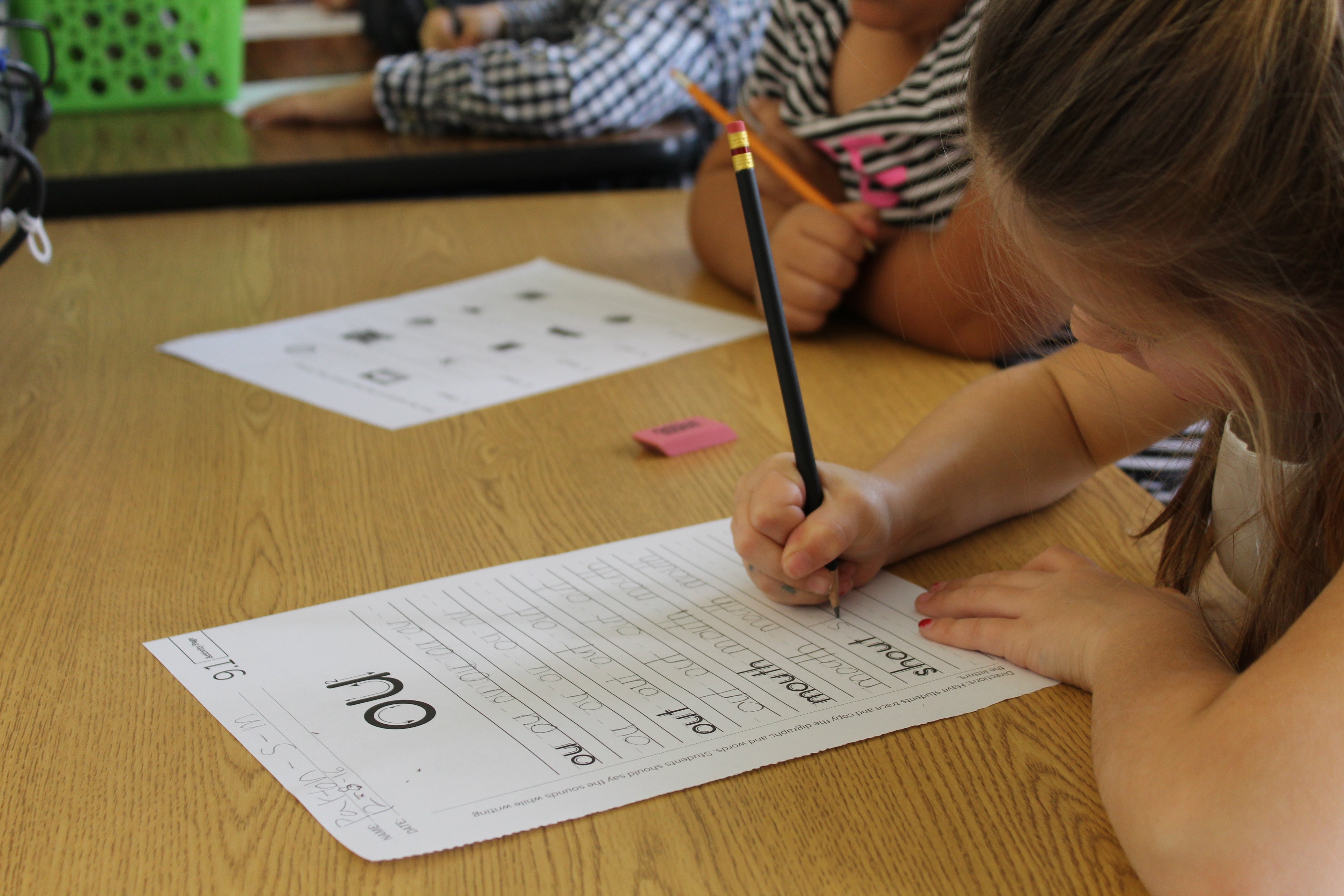Learning through digital gameplay is being adopted by more and more educators every day. Despite the overwhelming interest, educators are left in search of support and ideas for implementing digital and nondigital learning games in their classrooms. The purpose of this last post in the Digital Games: Learning Through Gameplay series is to provide educators with some potential next steps to follow if they want to adopt, or develop in their use of, game-based learning.
Books about Digital Game-Based Learning
Game On: Using Digital Games to Transform Teaching, Learning, and Assessment
By: Ryan L. Schaaf and Nicky Mohan
Synopsis: Discover how digital gaming can improve learning and prepare students for successful futures. The authors-both experienced educators and enthusiastic gamers-contend that students of the 21st century communicate and learn differently than previous generations. By incorporating digital games into lessons, student learning will more accurately reflect the interactive, engaging reality students experience outside the classroom and better prepare them for college and careers
Game-Based Learning in Action: How an Expert Affinity Group Teaches With Games
By: Matthew Farber
Synopsis: How are expert educators using games in their classrooms to give students agency, while also teaching 21st-century skills, like empathy, systems thinking, and design thinking? This question has motivated Matthew Farber’s Game-Based Learning in Action: How an Expert Affinity Group Teaches with Games showcasing how one affinity group of K-12 educators known as "The Tribe" teaches with games.
The Game Believes in You: How Digital Play Can Make Our Kids Smarter
By: Greg Toppo
Synopsis: What if schools, from the wealthiest suburban nursery school to the grittiest urban high school, thrummed with the sounds of deep immersion? More and more people believe that can happen – with the aid of video games. Greg Toppo's The Game Believes in You presents the story of a small group of visionaries who, for the past 40 years, have been pushing to get game controllers into the hands of learners.
Professional Learning Networks
Gaming and learning have brought together many experienced educators interested in pooling their knowledge and sharing their experiences in supportive professional networks. Games4Ed is a non-profit network exploring initiatives in game-based learning research, game jams, integration models, and assessment to name a few. They host Twitter chats every Thursday night 8 pm EST. ISTE created the Games and Simulations Network which is dedicated to exploring the use, integration, design, development, and evaluation of games, simulations and virtual environments for learning and teaching. The network hosts online discussions and provides professional development opportunities and programs. The CUNY Games Network is dedicated to research, scholarship and teaching in the developing field of games-based learning. Finally, edWeb.net hosts Game-Based Learning, a free professional learning community that provides educators, game developers, researchers, and industry executives with a place to learn, ask questions, discuss topics, and share information about games and learning. The community hosts free webinars and live chats with leaders in the field that are highly engaging and interactive.
Regional and National Conferences
There are a number of regional and national conferences that promote learning games and game-based learning programs.
ISTE
FETC
Serious Play Conference
Games for Change
Play Make Learn
Connected Learning Summit
The Expert’s Corner: Game-Based Learning Researchers, Writers, and Practitioners
There are plenty of game-based learning researchers, practitioners, and authors to follow and engage with on social media to stay updated on their research and professional insights.
Greg Toppo
Karl Kapp
James Paul Gee
Matthew Farber
Steve Isaacs
Jane McGonigal
Kurt Squire
Constance Steinkuehler
Using games during the learning process can add high levels of motivation, engagement, and fun for learners. A safe prediction is to assume the sheer number of digital games will continue to increase, their quality will improve even more than the current high-quality titles hitting the current market, and more people will adopt gaming as a hobby. As for the field of education, digital game-based learning will continue to trickle into school after school as more and more educators take advantage of its awesome potential.

 At Amplify, we are committed to the educational potential of learning through digital gameplay. Amplify Reading is a cutting-edge digital curriculum for grades K-2 that teaches critical literacy skills by taking kids on a magical reading adventure.
At Amplify, we are committed to the educational potential of learning through digital gameplay. Amplify Reading is a cutting-edge digital curriculum for grades K-2 that teaches critical literacy skills by taking kids on a magical reading adventure..png)

